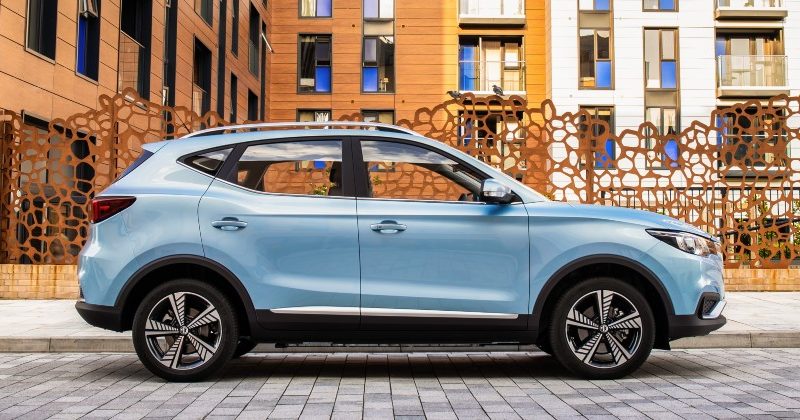Lumotive launches High-Performance LiDAR for Autonomous Vehicles

Lumotive, the Bill Gates-funded startup developing LiDAR systems for autonomous vehicles, introduced a disruptive beam-steering technology which will significantly improve the performance, reliability and cost of LiDAR systems for the emerging self-driving car industry.
Initially targeting the robo-taxi market, Lumotive’s patented system uses Liquid Crystal Metasurfaces (LCM) and silicon fabrication to achieve unmatched levels of manufacturing efficiency while simultaneously delivering unprecedented range, resolution and frame rate.
“Lumotive’s solution is ideal for automakers and Tier-1s seeking safer yet more cost-effective perception solutions for their vehicles,” said Lumotive co-founder and CEO, Dr. William Colleran. “Our LiDAR sensors benefit tremendously from the unique attributes of beam-steering LCMs which simultaneously offer large optical aperture, wide field-of-view and fast scanning while having no moving parts. LCMs deliver the combination of performance and commercial viability that will finally eliminate barriers to adoption of LiDAR for both ADAS and autonomous vehicles.”
LiDAR has emerged as a key 3D sensing technology by enabling autonomous driving systems as well as so-called ADAS, or Advanced Driver Assistance Systems (such as systems for lane keeping, automatic braking and collision avoidance). Currently, most LiDAR systems rely on mechanical scanning, which suffers from poor reliability, cost and form factor and, most importantly, limits the performance of existing systems.
In contrast, Lumotive’s revolutionary beam-steering technology uses LCMs — semiconductor chips that steer laser pulses based on the light-bending principles of metamaterials, and a first for LiDAR. Lumotive’s LCMs have large apertures to improve LiDAR perception while benefiting from the economics of semiconductor manufacturing to enable low cost systems. Lumotive’s LCM chips contain no moving parts and are fabricated using mature CMOS manufacturing along with liquid crystal display packaging to enable a commercially viable LiDAR system with low cost, high reliability and small size.
Although LiDAR systems will be broadly deployed to enhance perception in diverse markets, including for robots, drones and industrial automation, most observers see LiDAR’s largest near-term application in automotive markets where the technology will enable ADAS as well as fully autonomous driving systems that will first be deployed by self-driving taxi services, commonly called robo-taxis, like those under development by Argo AI, Aurora, May Mobility, Uber and Google’s Waymo subsidiary.
Initial production units will be available to select customers for beta testing in the third quarter of 2019.

































